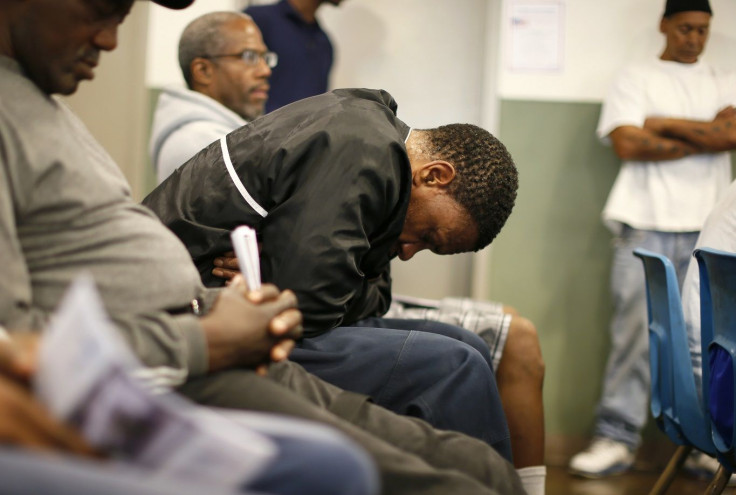PTSD among war veterans: An alternative solution

For many who have gone to war, seeing corpse-filled grasslands and going deaf from bomb explosions and multiple gunfires are just some of their numerous traumatic experiences. And memories of these encounters last long enough to haunt them even after leaving the battlefield. This puts war veterans highly vulnerable to developing post-traumatic stress disorder (PTSD).
This article is not meant to be a substitute for professional medical advice, diagnosis or treatment in any manner. Always seek the advice of your physician or other qualified health providers with any questions you may have regarding any medical condition. Consult a qualified medical professional before starting any medication or using any form of CBD.
The National Institute of Mental Health describes trauma as a condition that arises from encountering a shocking, scary or dangerous event. People who suffer from this always sense that they are facing danger even when there is no such event presented.
According to the U.S. Department of Veterans Affairs’ National Center for PTSD, veterans who have acquired PTSD vary by service area. About 11 percent to 20 percent out of every 100 veterans who served in the Operations Iraqi Freedom had PTSD in a given year, and some 12 percent out of every 100 Gulf War veterans were diagnosed with PTSD. For Vietnam War veterans, about 15 percent of every 100 had it in a given year while an estimated 30 percent of every hundred suffered from PTSD in their lifetime.
Possible symptoms stemming from PTSD may include flashbacks, bad dreams and frightening thoughts. These can be triggered either by the own person’s thoughts or emotions or by words, objects, and situations. This becomes difficult for PTSD patients as these symptoms become part of their everyday grind.
Patients may also have avoidance symptoms in which they stray away from anything that may remind them of the horrific event. They can also be detected with arousal symptoms in which they become easily startled; or cognition distortion, making them forget details, even key parts of certain events; or mood symptoms wherein they lose interest in engaging in fun activities.
Medications are part of the process to help them cope. As such, lawmakers have urged funding for the research of medical cannabis as a treatment of PTSD, among others, as several veterans have relied on it.
“Numerous veterans attest to the treatment benefits of medical cannabis,” Congressman Lou Correa was quoted, noting that veterans have shifted to cannabis from opioid. An opioid is a deadly drug that has led to some 68,000 veterans developing an opioid addiction and several deaths from accidental opioid overdose.
But while the government has yet to launch a study on cannabis, some companies have already been contributing to a broad research of the treatment.
PotNetwork Holdings, Inc. (OTCMKTS:POTN), one of the emerging leaders in the cannabidiol (CBD) industry, has been aggressively engaging in the research and development to create quality hemp-derived CBD products. In fact, the firm’s CEO Dr Richard Goulding believes CBD “is the answer” to resolve the opioid crisis.
CBD is the substance of cannabis that performs the therapeutic work without making its users high. Hemp is deemed a better source because it has a higher level of CBD and virtually no tetrahydrocannabinol (THC), the psychoactive compound.
“We are making sure we are ready for any FDA moves, in fact, we welcome them.,” Goulding said in a recent interview with “The Mick Bazsuly Show.”
PotNetwork, through its wholly owned subsidiary, Diamond CBD, Inc., offers a wide selection of CBD oil and cream, which is part of the more than 15 different products it brings to the market. Diamond CBD’s products contain various levels of CBD concentrations, of which even the smallest level can significantly alleviate pain and anxiety.
Aside from Goulding and Cong. Corea, Rep. Tim Walz, Ranking Member for the House Committee on Veterans’ Affairs said cannabis can possess “life-saving effects” on veterans diagnosed with PTSD, putting pressure on the need to conduct further research that will confirm its benefits.
“Our veterans risk everything for us. We need to do everything we can to help them once they are home,” Corea added.
This article is derived from press releases and other sources sent for consideration.





















